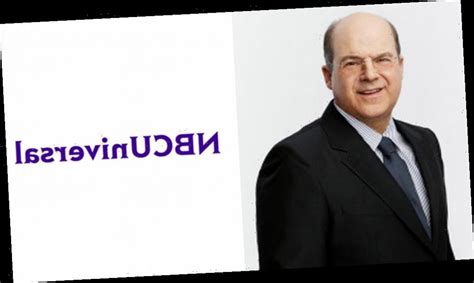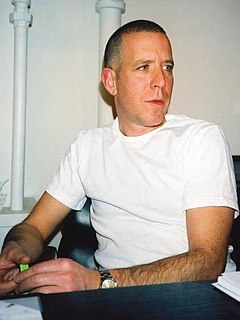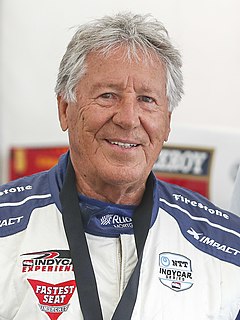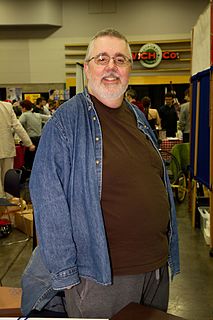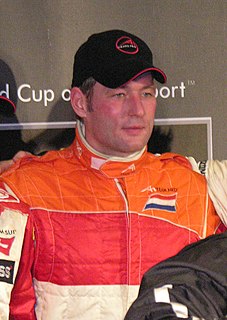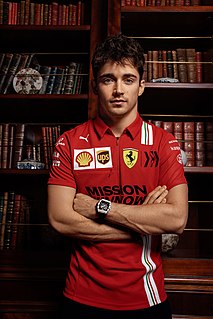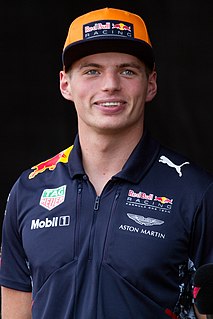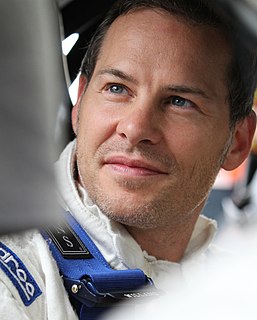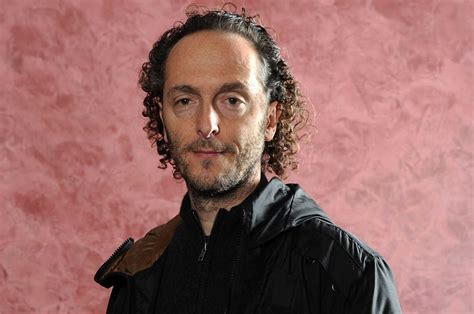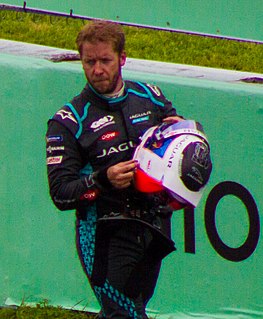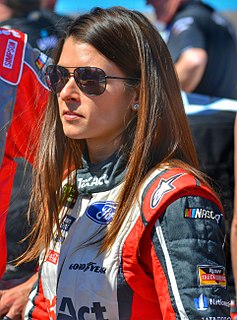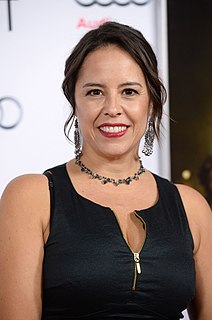A Quote by Jeff Wachtel
I know that a lot of people like to say "formula." I think that as soon as you start to have a formula imputed to your work, you're in danger of becoming formulaic. So the one formula I have as a rule is falling in love with the material.
Related Quotes
We love Formula One and think Formula One's great. But we think Formula E is different. We would be making a big mistake if we tried to compete with Formula One and be similar to Formula One, we have to be radically different to Formula One to have a chance of survival. I don't mean survival by beating Formula One but co-existing complimentary to Formula One.
